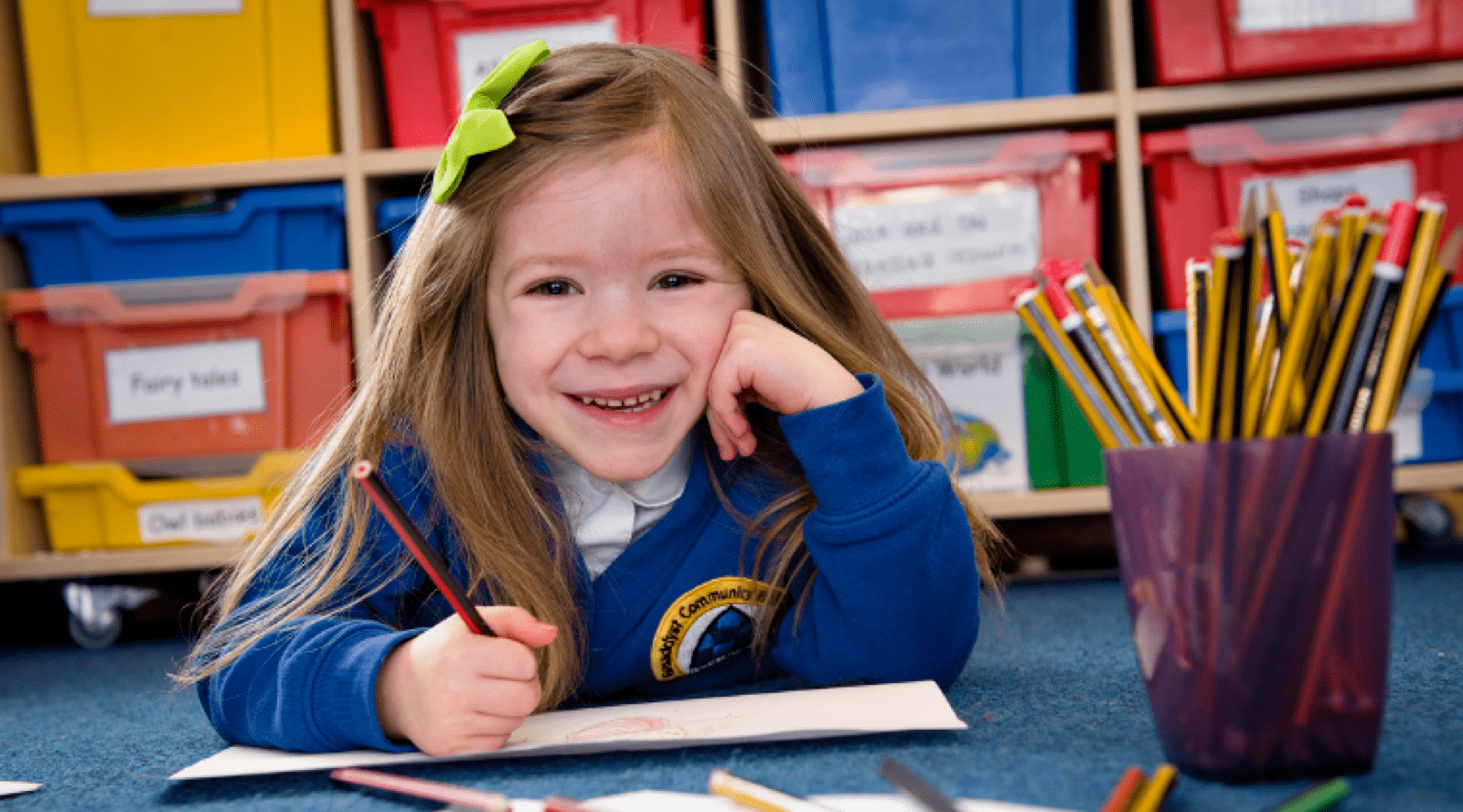The new Curriculum for Wales aims for all our children to become ambitious, capable learners; ethical, informed citizens; enterprising, creative contributors and healthy, confident individuals. At Gabalfa Primary School, many of our pupils will gain these skills solely from school and so we take our responsibility for this area very seriously when planning for improvement. National news has focussed on the increasing numbers of pupils with mental health issues and this is certainly something we see mirrored in our own pupils.
An insight into pupils’ feelings
Some of our pupils experiencing these difficulties are easily identified – we are told by family members, the child speaks to us, behaviour changes and can become extreme. However, there are some pupils who bottle up their feelings and have learnt not to show others their emotions or share their problems. These children may continue to attain average grades or slightly underachieve but not pose any real concern. In a class of 30 pupils it is very difficult to identify the individual needs of each pupil if not stated or obvious.
GL Assessment’s Pupil Attitudes to Self and School (PASS) is an online survey taken by pupils in Year 1 to Year 6 at our school (aged 5 to 11). The test, crucially, doesn’t take very long to complete (about 20 minutes) and we make sure we read the questions, if necessary, so that the pupils understand what is being asked so we can get a true reflection. The results really give us an insight into a range of pupils’ feelings.
The most useful part of PASS is, of course, the results. These are immediately and easily retrieved via GL Assessment’s online testing platform. The results provide in depth analysis of the attitudinal differences between genders, year groups, ethnic groups, language spoken, free school meals pupils and special educational needs pupils. The results show non-standardised scores, to enable a school to analyse changes within their school over time, and standardised scores that provide percentiles which compare with national norms.
Carrying out the PASS survey, of course, is not enough – it is the effective use of the data that makes the difference. Wellbeing is a major focus in our school and PASS plays an important role in ensuring that the facilities we have and the support we provide are directed in the right way. As with all schools, budgets are extremely tight and so PASS helps us ensure that we are getting value for money. The class teacher uses the PASS results to understand more clearly the feelings of their pupils. Planning and organisation is adapted to provide support for relevant pupils. Sometimes just a regular reassuring word can make a huge amount of difference.
Poor attitudes towards self and school can also explain regular absence and so, working closely with the attendance officer, we can encourage children to be in school. Our initial PASS survey is carried out around October. The following June, we reassess PASS with all pupils and analyse any impact through this data. Cross-referencing PASS results with attendance figures, target setting information and behaviour reports enables us to analyse any impact of support.
Gabalfa Primary School, Cardiff is one of our Advocate Partners


